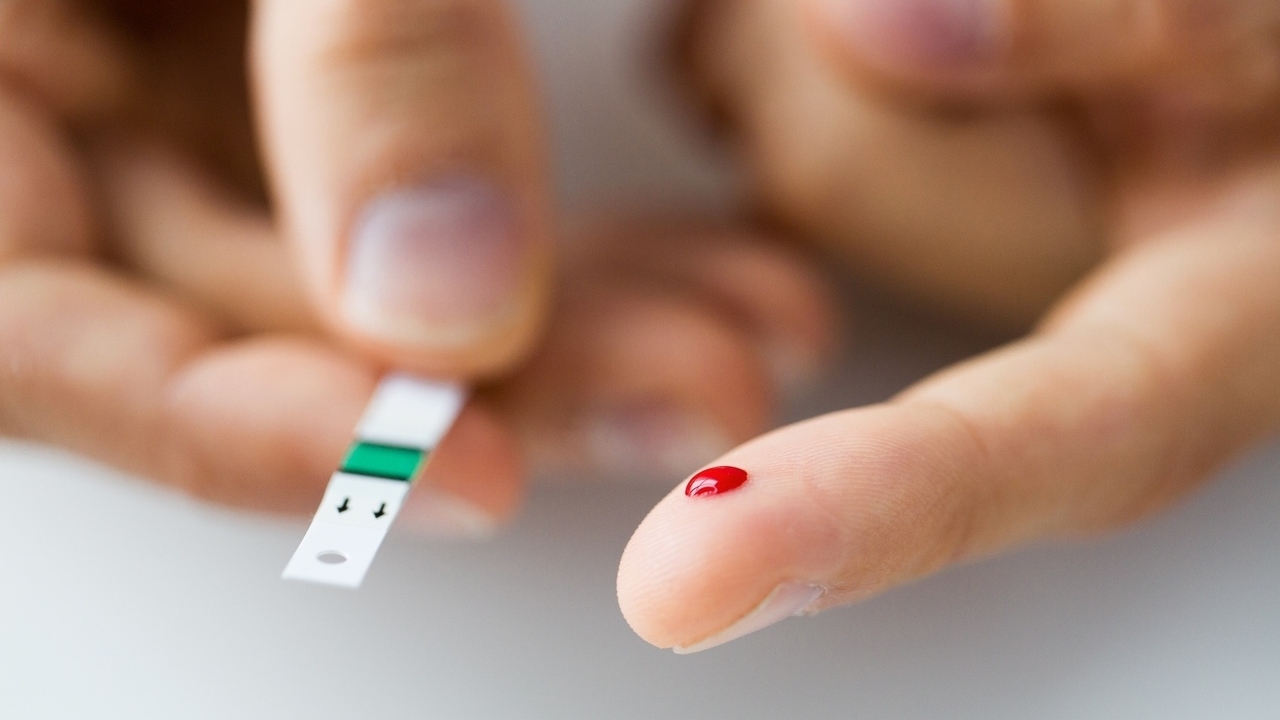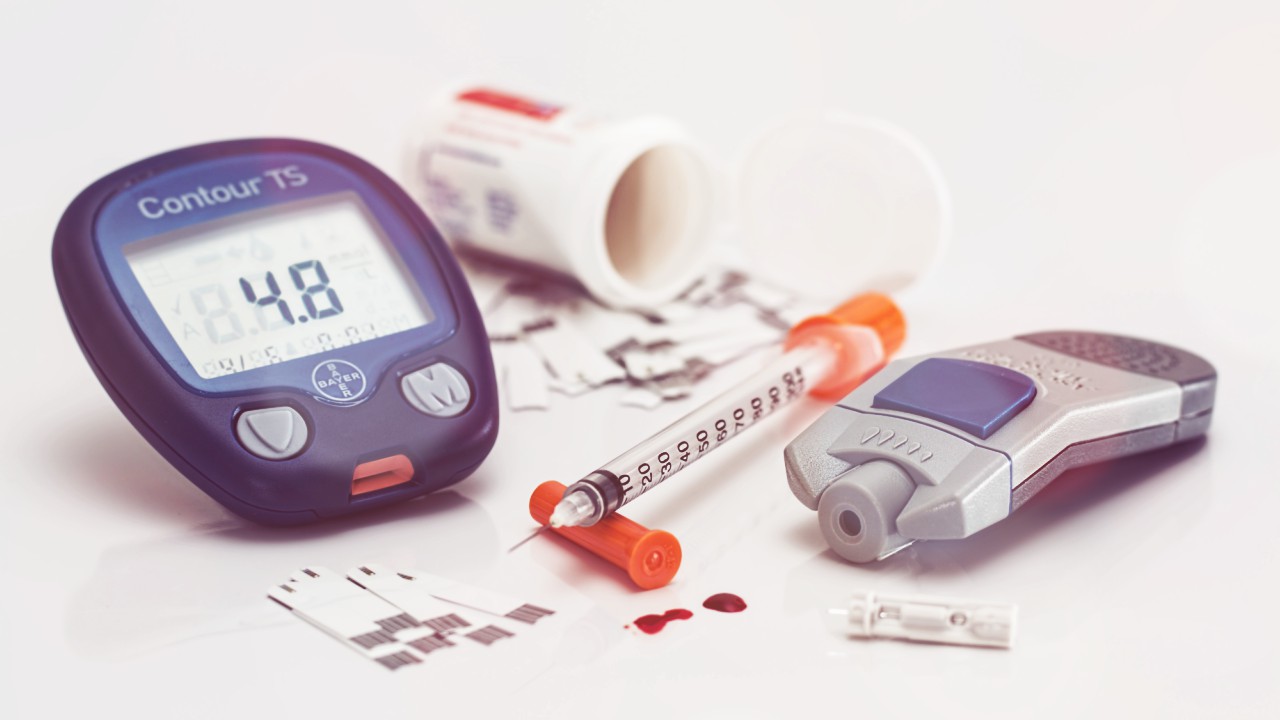"His blood sugars are on borderline. You need to control his eating habits and get him out of the house for some physical activities or else he will end up a diabetic." A sense of fear spread through my spine that left me breathless. I looked in horror into the pediatrician's face. I did not expect this when I took my son to the doctor's office that summer.
I was oblivious to what was happening with my son until one day at dinner I noticed his double chin. I was aware of his weight gain before that, but did not really pay attention. I thought he deserved rest after his long days at school and tutoring. I took my son for a physical two days later. The doctor said his weight gain was because of his hormonal imbalance. She said this is common at age 13 but because I was diabetic, sent him to the labs for complete blood work. It turned out his HbA1c was slightly higher than normal. I was flabbergasted with the news.
The next day was a holiday. I took him to the library park for a lunch picnic. As we lay on the sheets under a huge oak tree I explained to him the complications of diabetes. I told him about my ordeals on a daily basis in balancing and controlling my blood sugars. I told him about the genes we inherited all the medicines and insulin I took daily. He listened carefully. I was hurting for to have to explain to a pre-teen about how to control his eating. At that age he shouldn't be thinking about these things, but it was necessary for him to be aware of the circumstances he might face one day if he did not follow proper diet, nutrition and exercise. We made a deal of going on a nutritious diet and exercising together.
At first, he was frustrated with the fact that he had to limit his intake of sugary products, snacks and sodas. I remained indifferent. I prayed if I gave him sensible guidance he should be able to gain control of his health. We read the labels on every food product we bought.
At times, he was very bitter. Eventually, my patience paid off. He started paying attention to the nutrition facts on everything he ate. Even when he went to band activities or to a friends house he was careful not to over indulge himself. That summer he was 13, he lost 25 pounds and has kept off the weight. He is 21 now.
My son belongs to the fourth generation in my family. Both my maternal and paternal grand parents, parents, siblings, uncles and aunts all are diabetic. Most of them ended up having cardiovascular diseases and diabetic retinopathy among other related complications.
I realized diabetes is not only prevalent in my family it's world pandemic. Despite the research on new drugs, procedures, treatments that are being introduced into the market day after day, the basic factor remains that educational strides are not far reaching regarding nutrition, exercise and mental wellness.
Little has been done to incorporate health education with an emphasis on different diseases and their effects on one's health in schools and colleges. Not until recently in U.S. has emphasis been given to the nutritional aspect of food served in the school cafeterias. If U.S. can not proceed with educating children about the foods they eat and benefits of exercise, than there is no question that developing countries would be teaching these values.
Major changes in government food plans for schools must be brought in order to limit the intake of junk foods. Awareness of diseases such as diabetes, heart disease, hypertension, thyroid conditions should be introduced in the junior high schools. Besides teaching anatomy and physiology, a basic knowledge of the pros and cons of different foods should be included. Cardiovascular exercises should be mandatory for every child at school daily regardless of age. Parent participation in physical activities must be emphasized in parent teacher meetings. All children should be given free physicals including routine blood works that catches the early signs of life threatening or chronic diseases under government subsidized prevention plans. Proper counseling for extremely obese children and their parents in schools, as well as, family physicians could help. Stress-relieving methods such as yoga and meditation should be a habit.
Developing countries where western food habits and life styles are becoming popular should be monitored by the concerning governments. Limiting the intake of fast foods by parents and schools alike will help children maintain their health. Educating parents and school authorities alike from these developmental stages in these countries could help avoid incurring tremendous healthcare costs and fatalities. Our life matters.





Add a CommentComments
There are no comments yet. Be the first one and get the conversation started!